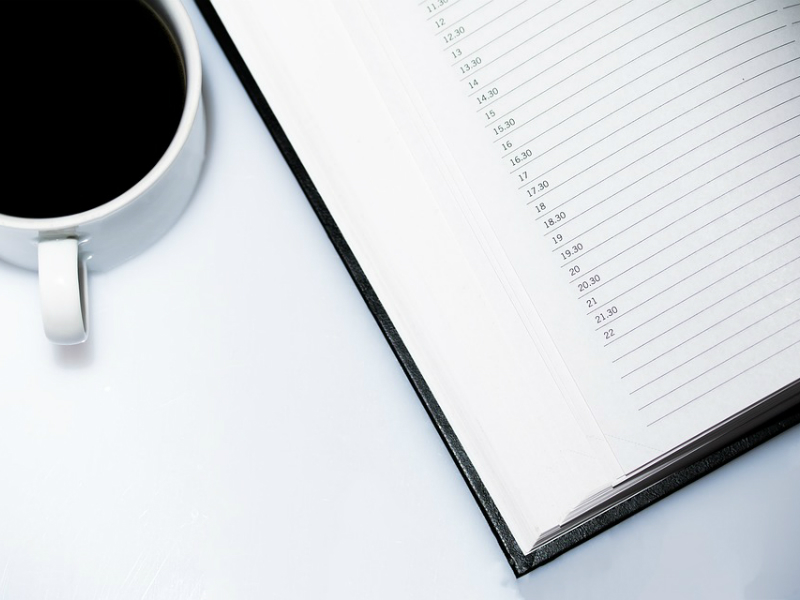In 1981, the late, great singer-songwriter Tom Petty, who would have turned 68 this week, recorded “The Waiting,” backed by his always stalwart Heartbreakers (featuring Jewish drummer Stan Lynch). The chorus goes like this:
“The waiting is the hardest part/Every day you see one more card/You take it on faith, you take it to the heart/The waiting is the hardest part.”
That’s a suitable mantra for this time of year on the Jewish calendar, when it feels like we do a fair bit of waiting – waiting in expectation to learn our judgment for the year ahead, anticipating the call of the shofar, watching the clock slowly tick down to the end of the Yom Kippur fast (and, with apologies to this week’s cover story on veganism, that first intoxicating bite of lox and cream cheese on a bagel), waiting to shed the anxieties of the Days of Awe and let loose a little on Sukkot.
All that waiting can be excruciating.
Certainly, waiting proved a formidable challenge for some of our forefathers and foremothers, and the High Holiday Torah readings familiarize us with their stories of patience. Sarah had to wait 90 years before the birth of her son Isaac (her husband, Abraham, meanwhile, waited a full century). Isaac himself would show monumental patience later on, enduring quietly as he and his father set out on a days-long trek to his own impending sacrifice. Hannah, like Sarah, waited for her first-born, Samuel, suffering through the taunts of her husband’s other wife and the inquiring eyes of the priest Eli, who mistook her fervent prayers for the rantings of a drunk.
READ: FROM YONI’S DESK: BELIEVE IN CHANGE ON THE HIGH HOLIDAYS
Not all biblical stories of waiting have happy endings, mind you. A midrash claims that Israelites who attempted to flee Egypt prior to the official Exodus date did not survive to join up with their brethren in the desert. As for those who sat tight until the appropriate departure, soon enough they lost their patience, too, failing to wait the full 40 days for Moses to descend Mount Sinai with the tablets. Instead, they built a golden calf. Three thousand men and children died as a direct result, and an entire generation was consigned to a life of wandering, never to enter the Promised Land. Later, after the incident of the spies, some attempted to invade Israel prematurely. They, too, would meet a tragic destiny.
For Canadian Jews, this season of waiting comes with additional baggage of a political nature. As the High Holidays continue, we await the conclusion of our federal election (or for the more pessimistic among us, the next scandal to emerge), and what our country will look like after Oct. 21. (On that note, if you won’t be able to cast a ballot that day due to the holiday of Shemini Atzeret, make sure you take the time to vote early – otherwise, you’ll have to wait a while for the next opportunity.) Meanwhile, our eyes are also fixed on Israel, anxiously waiting to see if and when a solution to the seemingly intractable political deadlock might emerge.
No doubt, there is an element of discomfort endemic to the act of waiting. The Hebrew word for patience, savlanut, is derived from a root that means “to bear” or “to suffer,” reflecting this relationship. Then again, there is an aspect of godliness to patience as well: in the Thirteen Attributes of Mercy read repeatedly on Yom Kippur, God is described as erech apayim (slow to anger).
Like Tom Petty said, “You take it on faith, you take it to the heart.” Either way, the waiting is almost over.
